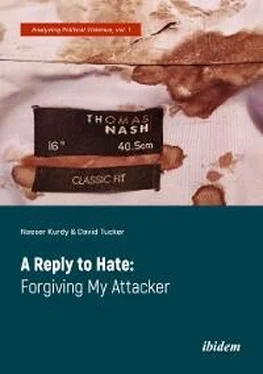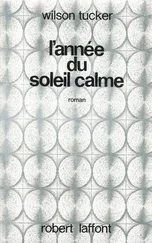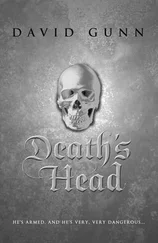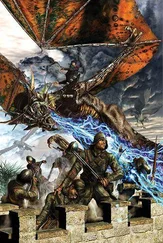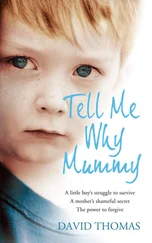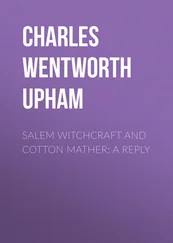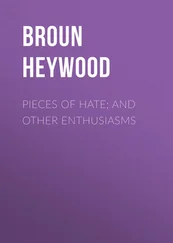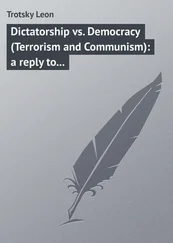This is insider information, but if you are unfortunate enough to be stabbed in Manchester, it is very likely that you would be rushed to Manchester Royal infirmary. This is neither my local hospital nor the hospital I work at and I did not want to end up there. I had somewhat cheekily asked the ambulance crew if they would take me to my local hospital. It was my decision, and I wanted to be treated where everyone knew me. By the time the ambulance arrived at the hospital I was no longer strapped to the scoop looking at the ceiling. I was now sitting slightly up, starting to get a sense of my surroundings.
As per protocol, the ambulance crew would have called in the incident and the trauma team were waiting, ready to receive the injured victim. The team would normally include one of my orthopaedic trainees, but it also happened that at the time, one of my consultant colleagues was attending the emergency department along with the on-duty orthopaedic registrar. I did not expect that they would be present, but equally, no one had a clue who the victim was. Later, my consultant colleague informed me that on that afternoon, she was about to leave but decided instead to wait in order to make sure her services were not required. She was not prepared for the shock that would hit her. No one was. As I was wheeled into the resuscitation room the stretcher gradually turned around and I came face to face with my colleague and trainees standing side by side. I instinctively smiled at them, but all I could see was three white faces, wide eyed and totally stunned. The site of my junior trainee was unforgettable. His jaw literally dropped, and I watched his face turn white. They were totally dumbfounded, but they rushed to hold my hand and comfort me. The reality was that they also needed some comforting, some reassurance that I was alright. The shock on their faces at that moment was priceless, but in that moment I could see what they meant to me and what I meant to them, and I was grateful to be there with them.
It did not take long before we all had to snap out of this emotional encounter and start acting professionally. After all, there was a potentially critically injured patient in need of emergency assessment and care. Despite their initial resistance, colleagues were formally asked to vacate the resuscitation area while the accident and emergency team took over in order to begin their standard ‘resus’ protocol. They were very professional and equally courteous. For a victim with a penetrating injury, the immediate imperative is to make sure that there is no imminent threat to life. This may sound gruesome, but it is essentially making sure that a) the victim is breathing soundly and b) not bleeding to death. Once these are checked, the examination then follows a well-defined structured and systematic sequence to determine the nature and extent of the ‘primary’ damage. In essence, this involves looking for the immediate damage caused by the knife penetrating my neck. The young A&E doctor proceeded to examine me, much as I did in my own assessment earlier. Of course, he had to get it right and to his credit he did not seem to be phased by the fact that he was examining a senior colleague, knowing full well that his own competence was also being assessed! By the end of his examination, it was reassuring to learn that I had not missed anything earlier! The nurse took my vital signs again—pulse, blood pressure and oxygen saturation—before starting to prepare another intravenous drip. It was simply not my day. The A&E doctor had the last laugh. Once he finished his assessment he smiled at me and said, “I need to put another needle in your left arm.” I remembered why; for a penetrating injury, two large bore cannulas, one in each arm, is the standard Advanced Trauma Life Support (ATLS) protocol. After all, I was an ATLS instructor, and I should have seen it coming. For the second time that day I opened my arm and held my breath.
It was a very unusual experience for me to be on the receiving end of an examination that I had so often carried out and to see how this young A&E doctor was trying to reassure me and keep me calm about what he was doing and why. Once he cleared my arms and legs, he asked me to lean forward so he could examine the back of my neck. He told me the wound did not look dirty and was not bleeding much, nonetheless I still needed to have a tetanus jab, so that meant, yes, another needle. With my surgical background, I knew very early that the penetrating knife has missed all the vital structures in my neck, but I also knew that I had to go through a rigorous examination just the same. I wasn’t frightened or distressed, and I found myself reassuring others that apart from the pain, I was feeling fine and calm. Perhaps if I was not a doctor, I would have felt very different. But there I was, in very familiar surroundings and with people that I knew, going through their usual business, all of which was very comforting for me. Even though I was aware that so far I was ‘clinically stable’, I knew that the A&E doctor would still consider me to be in a potentially critical condition. The potential for secondary life-threatening internal damage needed to be excluded before I would be off the critical list.
Once he finished his initial assessment, the young doctor informed me that I would soon be going for a CT scan of my neck, and he left the bay. As he left, a young, awkward-looking police officer entered and requested a statement. I had been expecting to see the police at some stage, but I wasn’t sure why this particular officer looked out of sorts, uncomfortable and anxious. It was the first inkling I had that there were perhaps wider implications of the attack. I cannot recall exactly how the conversation went, but I remember he wanted me to go through the incident in as much detail as I could recall. Unfortunately, his awkwardness only increased during this questioning when Syrsa walked in. The questions just stopped, or probably I just stopped listening to them. I looked at Syrsa’s face and I could see she was calm. She wasn’t pale, she wasn’t hyperventilating, she wasn’t anxious, she just walked towards me and held my hand. I told her I was okay and she nodded to say “I know you are”. Her immediate words were “I’m so grateful to God”. I think when she first saw me, she could immediately tell there was nothing horribly wrong as I was sat up talking to the officer. It was probably that first eye contact as she entered. Perhaps I smiled and shook my head. She is a doctor herself, and when she saw me sat up on the trolley, she saw for herself that I was OK. We did not say much to each other; I was alright, and probably that was all that mattered.
The officer just stood there waiting for his moment to barge in, which he eventually did. But then it came to that critical question, “Do you remember what he said to you?” Up to that point, I never really thought about what my attacker said to me. It was then that I had to start remembering what was shouted at me as it might give a clue to why I was attacked. I clearly remembered walking onto the grounds of the mosque, I clearly recalled the moment of sudden pain and I clearly recalled the look on his face, but for the life of me, at that moment, I could not recall exactly what he said. As I struggled to remember, I think I mentioned to the officer that I recall he swore at me. Then I think I said that he had uttered one sentence, just one sentence, and that was all that I could come up with. Somehow, I found it difficult to recall his exact words and I wasn’t sure why. I told the officer that I needed some time to remember. To be honest, I was somewhat disappointed with myself that I could not recall what had been said. But even then, I was conscious of the fact that I should not put words into someone else’s mouth, and I needed to be careful as to what I might say. I may have told the officer that I would need to think this through more carefully and it would probably be the following day before I could complete my statement. But then came yet another embarrassing moment for a victim. The police officer asked me to get undressed and to give him my clothing as it was now ‘material evidence’. I proceeded to get undressed and gave him my shirt, my trousers, my belt and my socks. Fortunately, my underpants did not qualify as material evidence. Syrsa was not happy at all; the shirt and the belt were new, and they suited me! In any case, I thought what the heck, I am going to stay the night at the hospital as they would most likely need to observe me overnight. As for my shoes, I was somewhat lucky as they were still on the shelf at the mosque and thankfully they were not seized. I was now down to my underpants! I looked at Syrsa and we both laughed at the silliness of the situation as I tried to cover myself as much as I could with the flimsy trolly sheet. Syrsa then told me that around thirty people were waiting outside to make sure I was OK, and we agreed that she should go out and let everyone know that I was fine and to get the word around that the immediate worry is over. As she left, I closed my eyes and started to replay the earlier events to help me remember what the hell this young man had said to me.
Читать дальше
